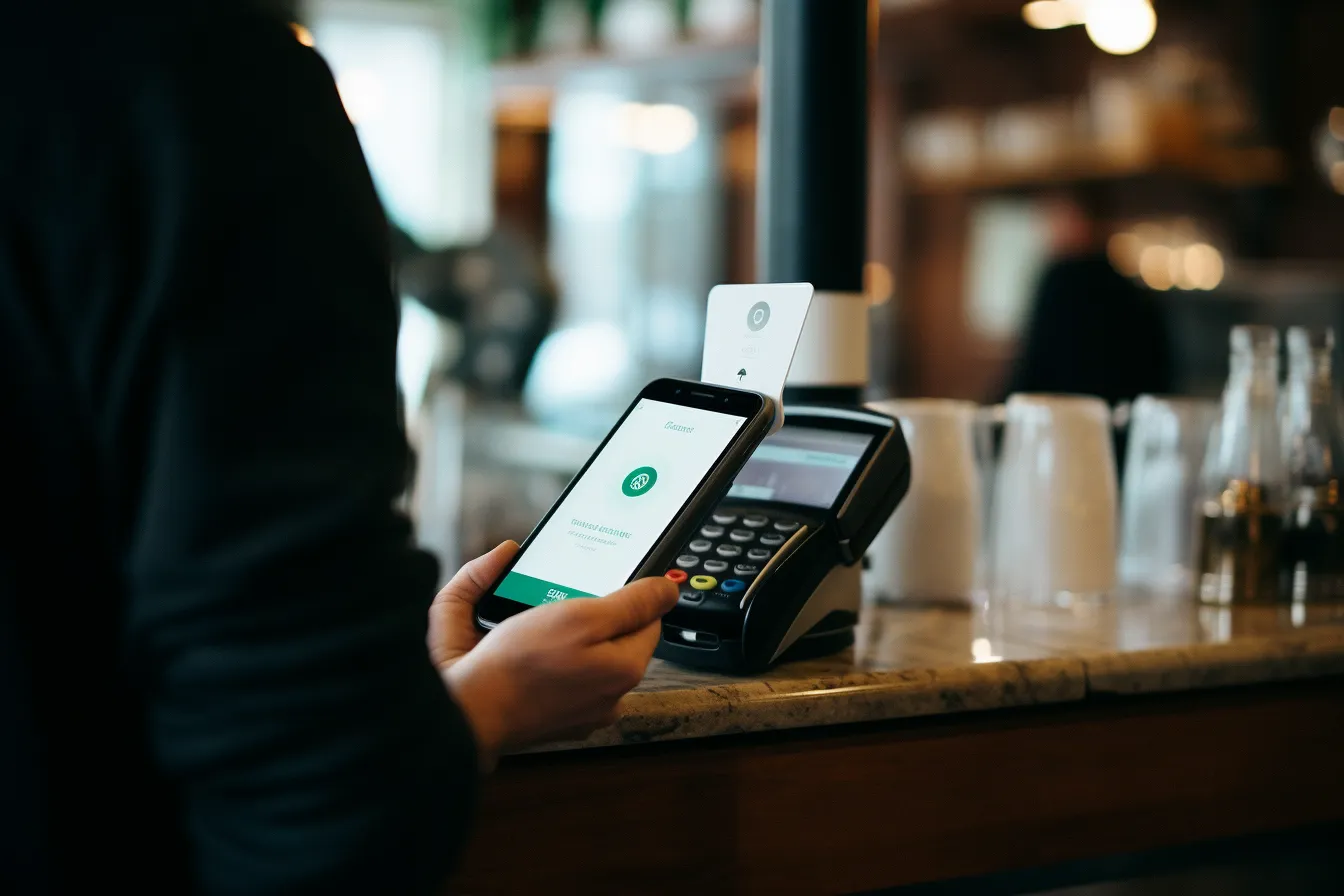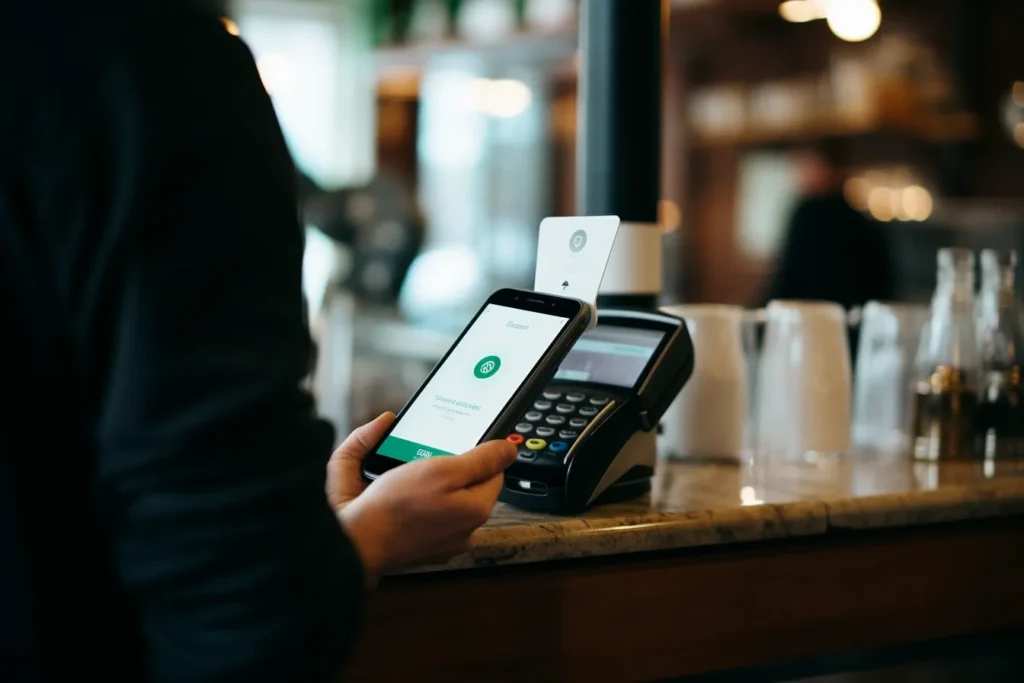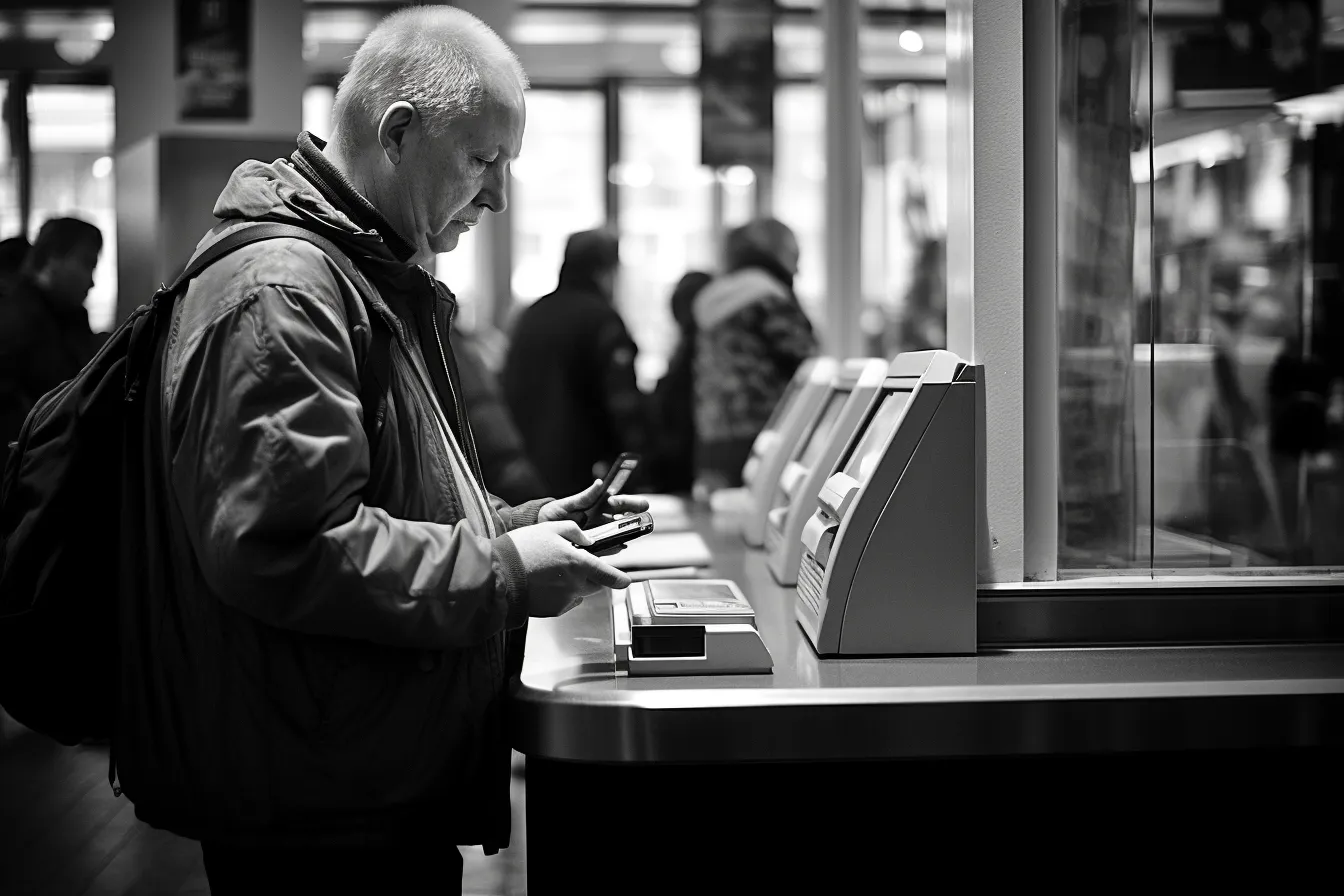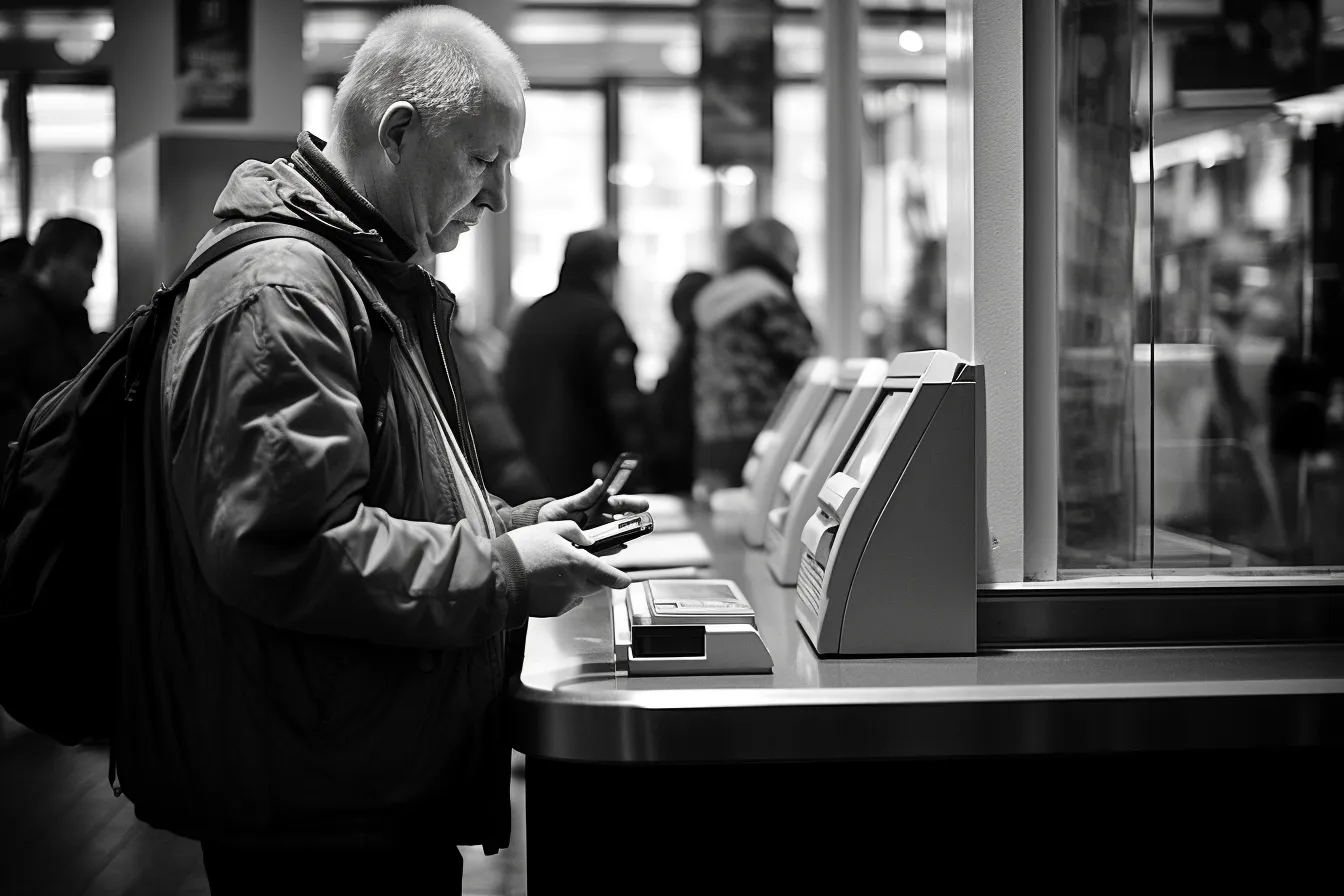As technology continues to advance at a rapid pace, one can’t help but wonder about the future of banking in a cashless society. With the increasing popularity of digital payment methods and the decline of cash usage, it seems inevitable that paper money will eventually become obsolete. But what does this mean for the future of banking? In this article, we will explore the implications of a cashless society on the banking industry and attempt to predict how it will shape the way we manage our finances.
The Rise of Digital Payments
In recent years, we have witnessed a significant shift towards digital payments. With the advent of smartphones and the convenience they bring, consumers are becoming more comfortable with making purchases and transferring money electronically. From mobile wallets to contactless payments, the options for conducting transactions without physical cash are expanding rapidly.
One of the main advantages of digital payments is their efficiency. With just a few taps on a screen, you can transfer funds instantly, eliminating the need for time-consuming trips to the bank or ATMs. Additionally, digital payments offer enhanced security measures, such as encryption and biometric authentication, making them less vulnerable to theft and fraud.
But what does this mean for the traditional banking system?
The Changing Role of Banks
In a cashless society, banks will need to adapt to the changing needs and preferences of consumers. As physical cash becomes less relevant, the role of banks as the central point for depositing, withdrawing, and managing cash will diminish. Instead, banks will need to focus on providing innovative digital services and personalized financial guidance.
Many banks have already begun investing in technology to facilitate this transition. The advent of online and mobile banking has enabled customers to manage their finances from the comfort of their own homes. With features like remote check deposit and real-time balance updates, the need for physical visits to a brick-and-mortar branch is decreasing.
Furthermore, banks are increasingly partnering with fintech startups and exploring the potential of emerging technologies such as blockchain. These partnerships and technologies aim to improve the efficiency, transparency, and security of financial transactions, further reducing the reliance on physical cash and traditional banking methods.
Challenges and Opportunities
While a cashless society offers numerous benefits, it also presents challenges that need to be addressed. One of the main concerns is the issue of inclusivity. Not everyone has access to smartphones or digital payment methods, which could potentially leave certain individuals or communities at a disadvantage. It will be crucial for banks and policymakers to ensure that banking services remain accessible to all, regardless of their access to technology.
Additionally, the shift towards digital payments raises concerns about privacy and data security. As more and more financial transactions occur online, individuals’ personal and financial information become increasingly vulnerable to cybercriminals. Banks will need to invest in robust cybersecurity measures and educate their customers on best practices to mitigate these risks.
Despite these challenges, a cashless society also presents exciting opportunities for banks to redefine their offerings and enhance customer experiences. By harnessing the power of data analytics and artificial intelligence, banks can better understand their customers’ needs and provide personalized financial advice. Furthermore, the elimination of physical cash opens the door for innovative payment solutions and financial products that were previously unimaginable.
Looking Ahead
While the transition to a cashless society may still be in its early stages, there is no denying the impact it will have on the banking industry. As consumers embrace digital payments and cash becomes obsolete, banks will need to evolve and adapt to remain relevant. This evolution will undoubtedly bring both challenges and opportunities, but those who are proactive in embracing the digital revolution will be well-positioned for success in the future of banking.







